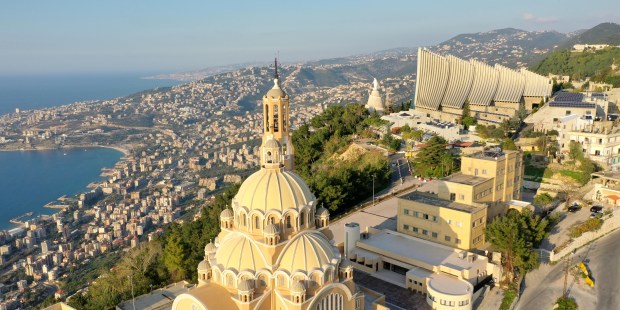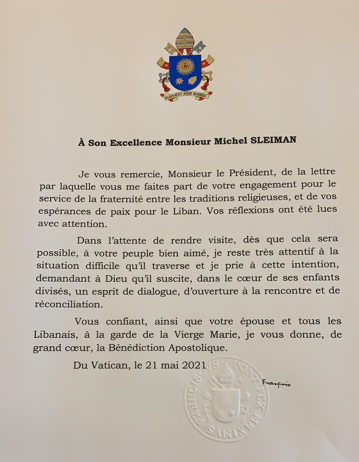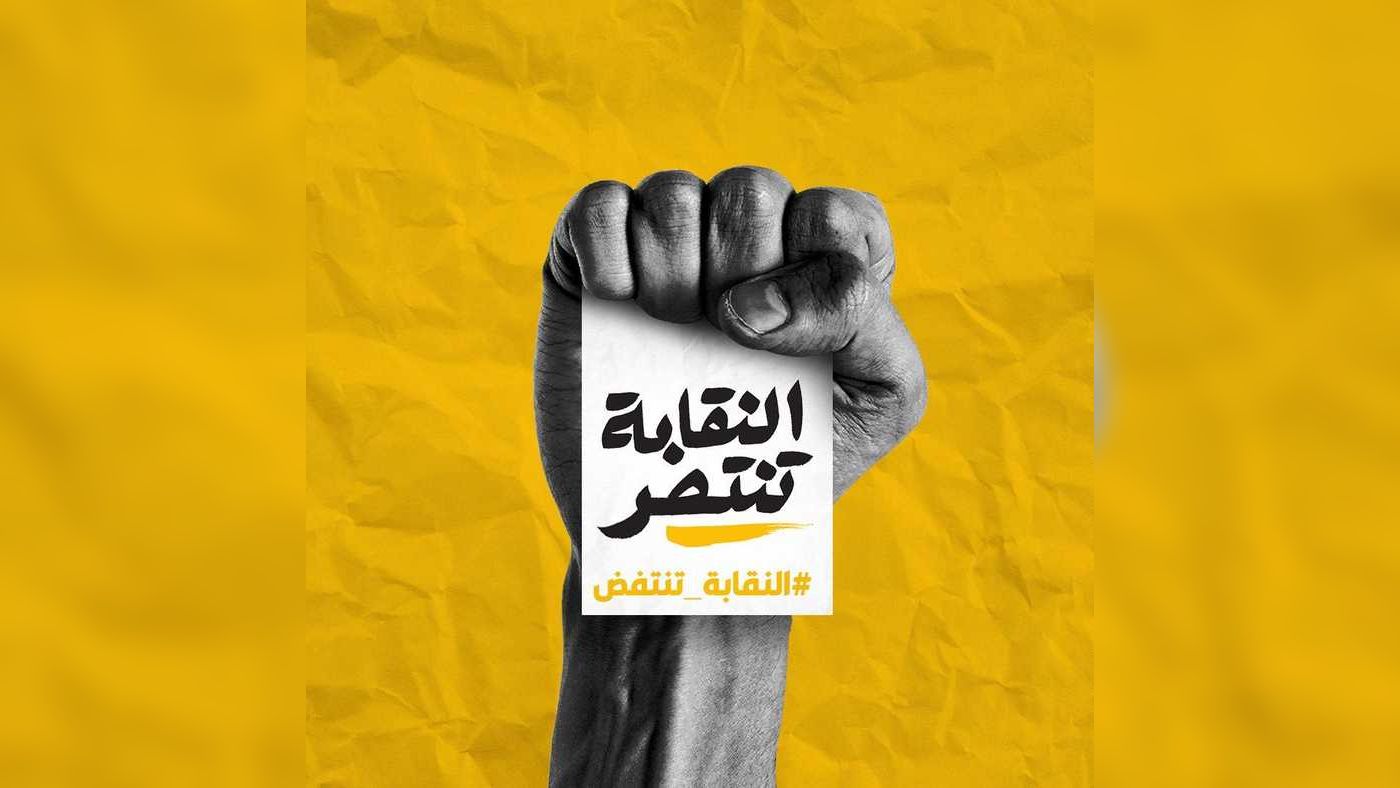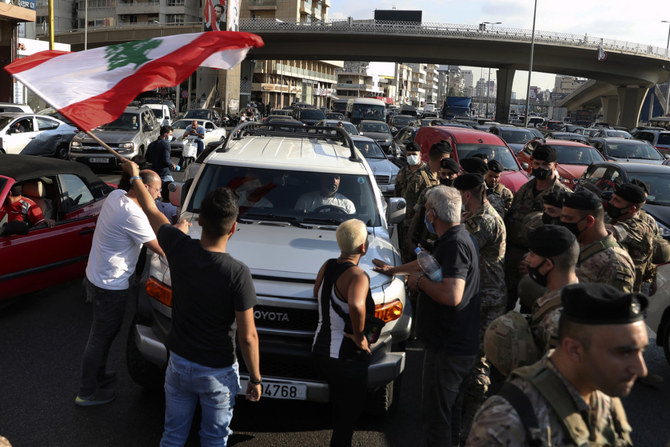by Maggie Gile – Newsweek — As the country entered its 20th month of an economic and financial crisis, many goods, from gasoline, medicine and electricity, are experiencing drastic shortages. “My life was already difficult,” said Ibrahim Arab, a taxi driver who waited for hours in the hot summer to get gas for his car. “And now the gasoline crisis only made things worse.” Arab works a second job at a Beirut grocery store, though his monthly income has lost 95 percent of its purchasing power. For more reporting from the Associated Press, see below. When he’s not working, the 37-year-old father of two drives from one Beirut pharmacy to another, looking for baby formula for his 7-month-old son—any he can find—even though the infant got severe diarrhea and vomiting from an unfamiliar brand. He worries what would happen if his children got really sick. Once among the best in the region, Lebanon’s hospitals are struggling amid the country’s economic and financial crisis that has led to daily power outages that last for hours, shortages of diesel fuel for backup generators, and a lack of medical equipment and drugs. After 20 months of suffering with no end in sight, a new reality is setting in for most of Lebanon’s estimated 6 million people: Days filled with severe shortages—from spare parts for cars to medicine, fuel and other basic goods in the import-dependent country.
The crisis, which began in late 2019, is rooted in decades of corruption and mismanagement by a post-civil war political class that has accumulated debt and done little to encourage local industries, forcing the country to rely on imports for almost everything. The Lebanese pound has nose-dived, banks have clamped down on withdrawals and transfers, and hyperinflation has flared. The liquidity crunch is crippling the government’s ability to provide fuel, electricity and basic services. A shortage of dollars is gutting imports of medical supplies and energy. The fuel shortage has especially raised fears that the country could become paralyzed. Even private generators, used by the Lebanese for decades, have to be switched off for hours to conserve diesel. “We are really in hell,” tweeted Firas Abiad, director general of Rafik Hariri University Hospital, which leads the country’s coronavirus fight. Despite a heat wave, the hospital decided Monday to turn off the air conditioning, except in medical departments. Electricity cuts have affected internet connections in various cities, while bakeries warn they might have to close due to fuel shortages. The situation has become critical in recent weeks, with scuffles and shootings at gas pumps, including one in the northern city of Tripoli, where the son of one station’s owner was killed.









